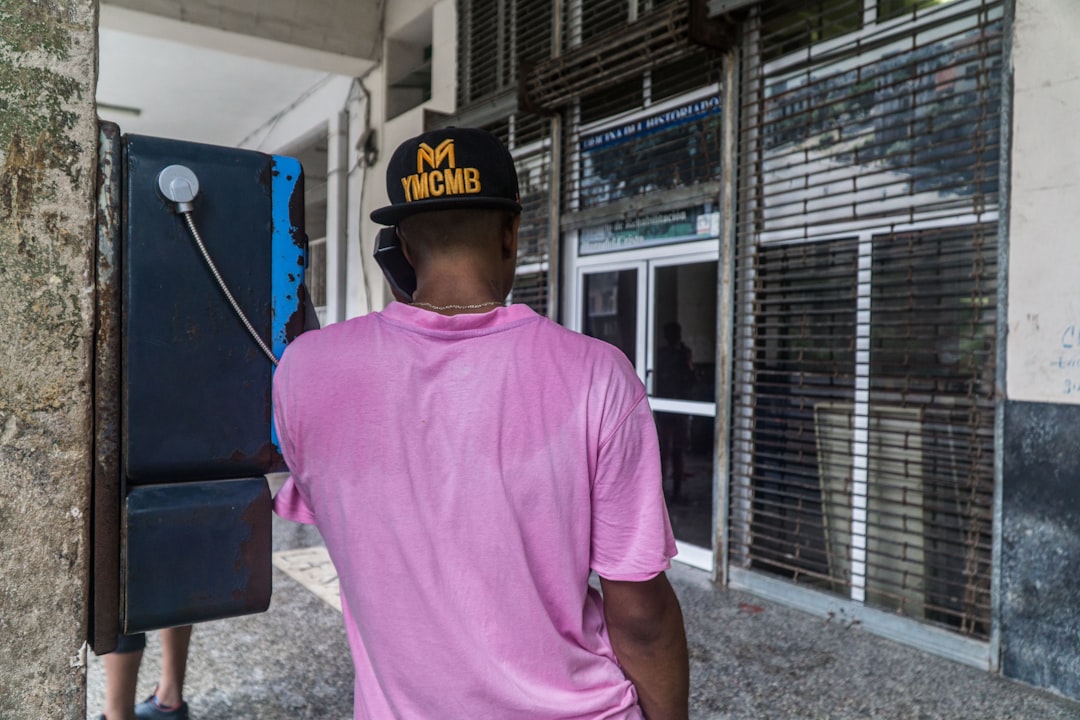In South Dakota, the Do Not Call laws and HIPAA (Health Insurance Portability and Accountability Act) protect residents from unwanted telemarketing calls and patient privacy. Individuals can register on the state's Do Not Call list, and attorneys must comply with these regulations, especially when handling Protected Health Information (PHI). Specialized Do Not Call Lawyers in South Dakota assist healthcare providers and businesses in navigating these complex laws, ensuring compliance, preventing penalties, and respecting patient rights. These lawyers implement strategies like client consent management and list updates to maintain privacy and efficiency in caller interactions.
In South Dakota, understanding the interplay between Do Not Call laws and HIPAA is crucial for law firms and attorneys. This article delves into these complex regulations, offering insights for legal professionals seeking compliance. We explore South Dakota’s Do Not Call Laws, dissecting their implications for patient privacy under HIPAA. Additionally, we discuss the vital role of a specialized Do Not Call Lawyer in South Dakota to navigate these legalities effectively. Learn essential tips for Do not call attorney South Dakota compliance and discover how to protect sensitive information while adhering to both state and federal regulations.
Understanding Do Not Call Laws in South Dakota
In South Dakota, the Do Not Call laws are designed to protect residents from unsolicited telephone marketing calls, often referred to as telemarketing. These laws are implemented through the South Dakota Attorney General’s Office, which oversees compliance and enforces regulations against violators. The state’s Do Not Call list is a powerful tool for individuals to assert their right to privacy and prevent unwanted calls from various sources, including telemarketers, political organizations, and even attorneys or law firms.
Individuals can register their phone numbers on the Do Not Call list by visiting the Attorney General’s website or contacting their office directly. Once registered, it becomes illegal for businesses and organizations to make outbound telephone marketing calls to those numbers. This legislation is particularly relevant for Do not call lawyers or do not call attorneys in South Dakota who must adhere to these regulations when conducting business with potential clients. As a result, many do not call law firms in the state have implemented sophisticated systems to ensure they respect consumer choices and avoid unnecessary calls, thereby fostering a healthier attorney-client relationship centered around consent and privacy.
HIPAA: Protecting Patient Privacy and Its Relevance to Do Not Call Regulations
HIPAA, or the Health Insurance Portability and Accountability Act, is a federal law designed to safeguard patient privacy and security in healthcare settings. This legislation plays a significant role in how do not call regulations are implemented and adhered to in South Dakota and across the nation. At its core, HIPAA restricts the disclosure of protected health information (PHI) without patient authorization. This includes any form of communication that could reveal personal medical details, such as phone calls from telemarketers or unsolicited sales calls.
For do not call lawyers and attorneys in South Dakota, understanding this intersection is crucial when advising clients on their rights and obligations. When representing individuals who have registered on national do not call registries or those seeking legal recourse against persistent callers, legal professionals must be aware of HIPAA’s provisions. This ensures that any actions taken comply with patient privacy laws, providing a solid legal foundation for cases involving unwanted calls and promoting effective enforcement of do not call regulations.
The Role of a Do Not Call Lawyer in Navigating These Legalities
In South Dakota, navigating the intricate interplay between Do Not Call laws and HIPAA (Health Insurance Portability and Accountability Act) can be complex for healthcare providers and businesses alike. This is where a Do Not Call Lawyer in South Dakota plays a pivotal role. These legal experts specialize in helping individuals and organizations understand and comply with both state and federal regulations, ensuring they avoid potential legal pitfalls.
A Do Not Call Attorney in South Dakota can provide invaluable guidance on how to implement effective do not call lists while adhering to HIPAA requirements. They assist in crafting policies that protect patient privacy and prevent unauthorized disclosures of health information, which is essential for maintaining compliance with HIPAA regulations. By employing a lawyer specializing in this area, businesses can safeguard themselves against penalties and ensure they respect the rights of patients while effectively managing caller interactions.
Ensuring Compliance: Tips for South Dakota Law Firms and Attorneys
Ensuring compliance with both state and federal privacy laws is paramount for South Dakota law firms and attorneys. When it comes to the Do Not Call Registry, law professionals must be vigilant in protecting client confidentiality and avoiding unauthorized disclosures of protected health information (PHI). Since HIPAA regulations apply to covered entities, including healthcare providers and their business associates, legal practices handling patient records should have robust internal policies to prevent unwanted phone calls from lawyers or other third parties.
To maintain compliance with Do Not Call laws and HIPAA in South Dakota, law firms and attorneys are advised to implement several key strategies. These include maintaining accurate client consent forms, regularly updating the firm’s Do Not Call list, ensuring staff training on privacy protocols, and establishing clear procedures for handling incoming calls from unknown sources or solicitors. By adopting these measures, legal professionals can safeguard their clients’ rights while navigating the complex landscape of privacy regulations in South Dakota.






